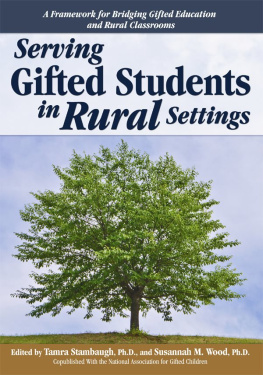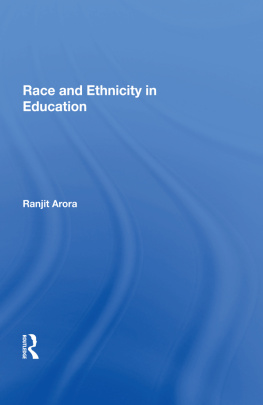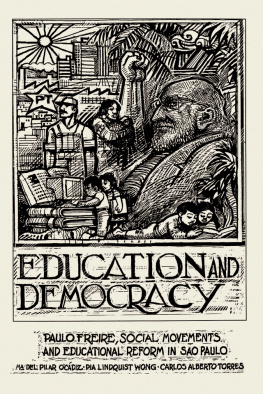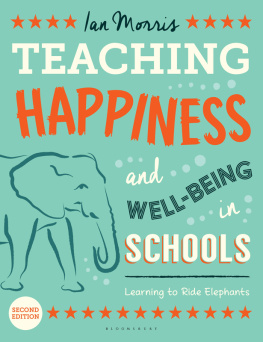First published in 1943 by
Routledge, Trench, Trubner and Co., Ltd
Reprinted in 1998, 1999, 2001, 2002
by Routledge
2 Park Square, Milton Park, Abingdon, Oxon, OX14 4RN
Simultaneously published in the USA and Canada by Routledge
711 Third Avenue, New York, NY 10017
Transferred to Digital Printing 2007
Routledge is an imprint of the Taylor & Francis Group
First issued in paperback 2013
1943 H. M. Burton
All rights reserved. No part of this book may be reprinted or reproduced or utilized in any form or by any electronic, mechanical, or other means, now known or hereafter invented, including photocopying and recording, or in any information storage or retrieval system, without permission in writing from the publishers.
The publishers have made every effort to contact authors/copyright holders of the works reprinted in The International Library of Sociology.
This has not been possible in every case, however, and we would welcome correspondence from those individuals/companies we have been unable to trace.
British Library Cataloguing in Publication Data
A CIP catalogue record for this book
is available from the British Library
The Education of the Countryman
ISBN 978-0-415-17760-3 (hbk)
ISBN 978-0-415-86401-5 (pbk)
Publishers Note
The publisher has gone to great lengths to ensure the quality of this reprint but points out that some imperfections in the original may be apparent
THIS book was begun in 1937 and finished in 1939. Since then it has been revised and shelved and revised again. The process of periodic revision might go on indefinitely and the final draft be no more satisfying than the first. Meanwhile there is an increasing interest in education generally and in the post-war development and layout of English rural life particularly. It seemed to be time to stop tinkering with the manuscript and let it take its chance.
If this survey is of any value it is due partly to the help and advice I have received. The former has come from my almost daily contact with rural teachers and other country people during the last twelve years. The other kind of help has been more specific, and while I cannot hope to thank everybody I should be ungrateful if I omitted the Boards Inspectors (particularly Dr. Arnold Platts), my own colleagues (particularly Mr. Frank Rayns of the Norfolk Agricultural Station) and Mr. John Hampden Jackson.
But the views and the facts and the figures (where I have not acknowledged some traceable authority) are my own, and neither the valiant counsellors I have mentioned nor the two Local Authorities for whom I have worked, must be taken as in any way responsible for them.
H. M. B.
N ORWICH ,
March, 1943.
A UTHORITIES .The Central Authority is the Government, working through the Board of Education, who have Inspectors (H.M.I.s) for general elementary-school work and specialist Inspectors for Secondary Schools, for Technical and Evening Schools and for subjects like art, music and physical education.
The Local Authorities (L.E.A.s) are the County Councils and the Councils of Boroughs and Urban Districts with a prescribed population. These Councils have their Education Committees, many of which employ their own Inspectors and Organisers. Every Education Authority has its Secretary or Director of Education.
The so-called Part III Authorities are those who administer only Part III of the Education Act, 1921, Elementary Education. They are usually Borough Councils who have no legal powers in respect of Higher education.
S CHOOLS .(a) Elementary. These are of two kinds, Provided and Non-Provided. Provided schools are entirely maintained, and were mostly built out of public funds by the L.E.A., although a large number of schools built before 1902 by the old School Boards were taken over by the L.E.A.S. Non-Provided schools were built by private initiative out of private funds (usually by one or other of the Churches) and the law compels the owners or trustees, working through Managers, to maintain the fabric. The Managers of Non-Provided Schools appoint their own teachers (but they do not pay their salaries) subject to the approval of the L.E.A., which can only be withheld on educational grounds.







